THANH HOA Producing in an organic, circular, and environmentally friendly direction, Trang Farm has become a destination for many visitors.
THANH HOA Producing in an organic, circular, and environmentally friendly direction, Trang Farm has become a destination for many visitors.
Difficult start-up
While many young people tend to look for office jobs with high salaries after graduation, Ms. Le Thi Trang chose a new and challenging job. Graduating from Thanh Hoa College of Culture and Arts (now Thanh Hoa University of Culture, Sports and Tourism), Ms. Trang chose to return to her hometown and start a business in clean agriculture.
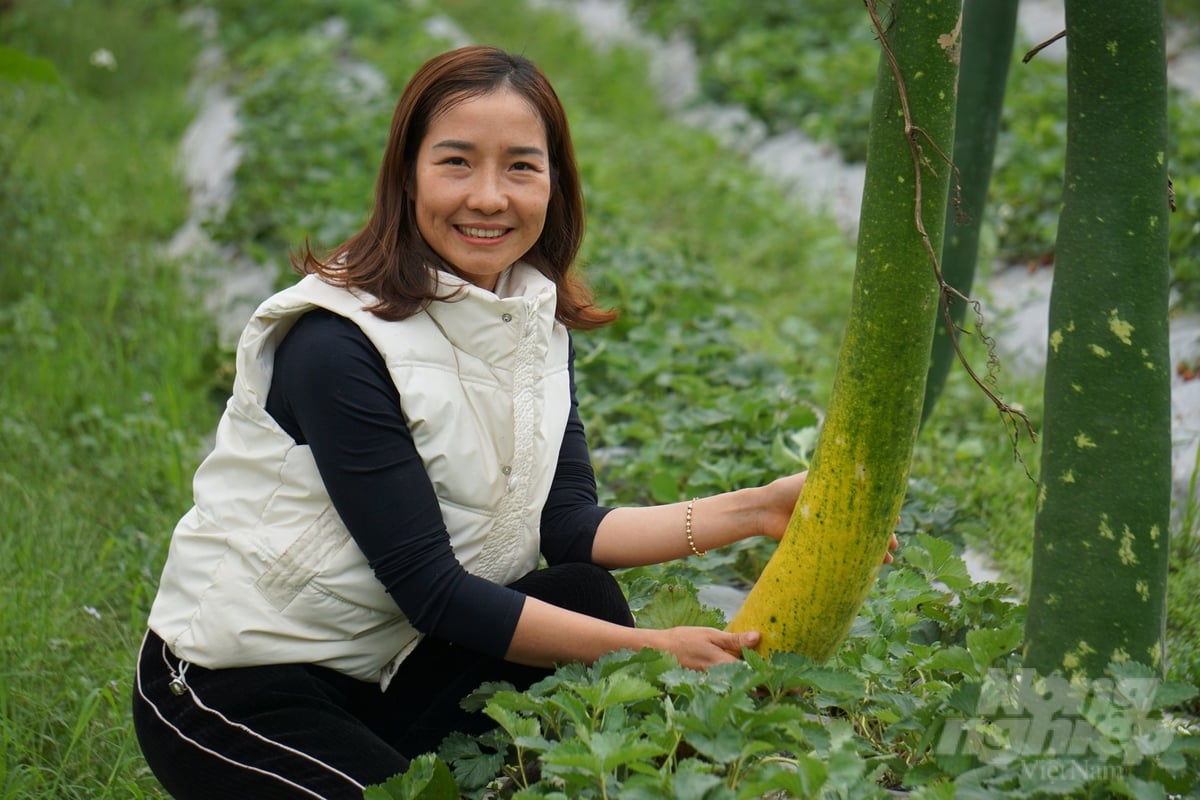
Ms. Le Thi Trang's organic circular farm has a full range of seasonal products. Photo: Quoc Toan.
The property is a farm of more than 1 hectare created by Trang and her husband in the true sense of "with human effort, even rocks and stones can become rice". 3 years ago, the rice field in village 2, Hop Tien commune (Trieu Son district, Thanh Hoa) was abandoned by farmers, with grass growing more than half a person. Trang discussed with her husband to buy the land to make a circular farm in an organic direction after an experience trip to some northern provinces.
Although she has never studied agriculture, the woman is determined to carry out her idea because of her passion and she believes that this is a sustainable direction for both her family and the community. "I want to build a clean production model that not only helps protect the health of consumers but also helps improve the living environment, minimizing the negative impact of chemicals and synthetic fertilizers on crops and agricultural products," Trang shared.
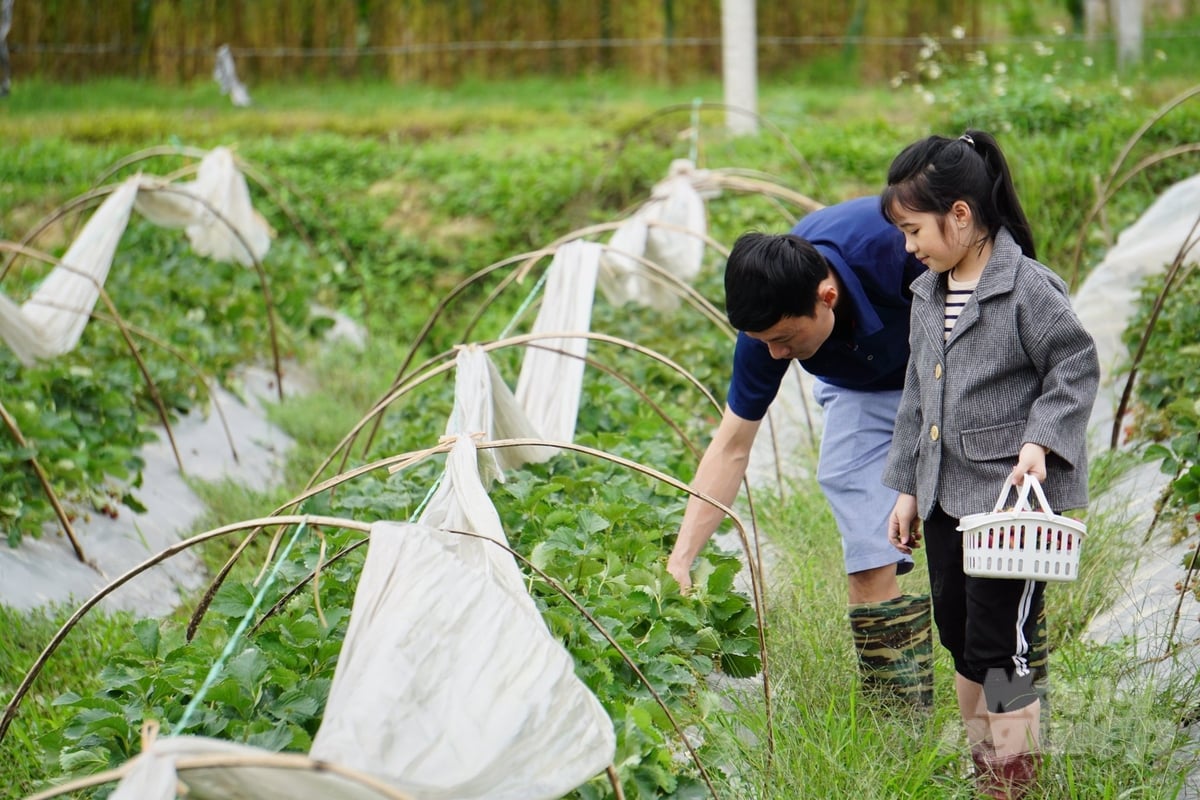
Many children follow adults to the farm to experience farming. Photo: Quoc Toan.
Many people in the area at that time did not believe that Trang and her husband would succeed with this new model and that the young woman's decision to spend money to buy land to build a circular farm was a reckless decision. "At the time of starting the business, there was no organic agricultural production model or clean agricultural product stores in the area. Therefore, many people said I was crazy because when farmers abandoned their fields, I jumped in. No one believed that my husband and I would succeed. At that time, we were under a lot of pressure," Trang said.
Having bought the land, Trang and her husband took on everything from soil improvement, making beds, making roofs, sowing seeds, and even staying up all night to catch insects for the garden... For more than two months, Trang and her husband "packed food and water" in the fields from morning to night to complete the planting area, their clothes and mud covered, leaving only their eyes.
On an area of over 1 hectare, she divided the area into areas for growing milk grapes (4,000m2), strawberries (3,500m2), a seasonal clean vegetable growing area, an operating house and a hedgehog farm with a total investment of over 1 billion VND. Despite her passion for the fields, the couple lost nearly 200 million VND in the first crop because the strawberry garden was damaged by worms. The entire initial investment cost suddenly "evaporated".
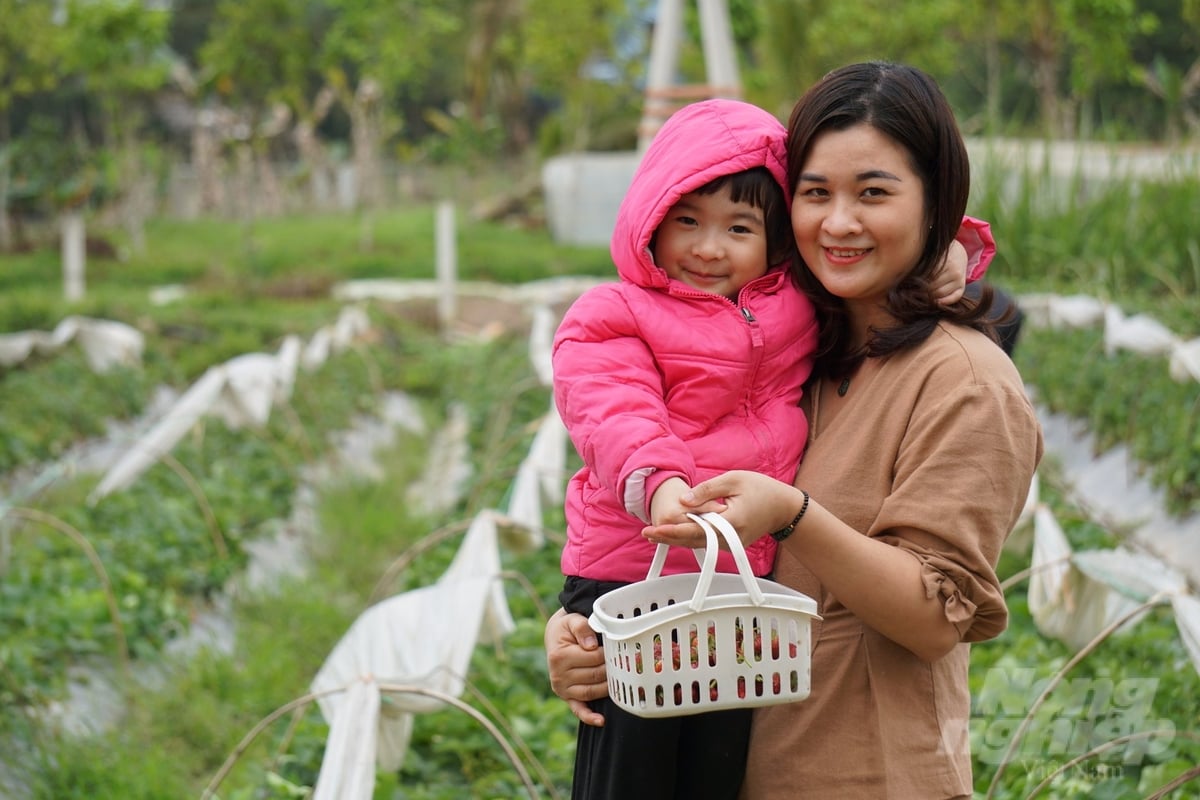
Preschool teachers and students visit and experience the farm. Photo: Quoc Toan.
That failure made her realize that passion alone is not enough to do farming. Without being equipped with the knowledge to carry out the long journey, the model will not be as effective as expected. “To be successful, we need to learn from those who have gone before us and we must research and participate in training courses on organic farming to improve our knowledge.
Organic farming is not just about planting and nurturing the soil, but it is a long process that requires patience, understanding and careful calculation from choosing the right plant varieties for the climate and soil conditions instead of following trends or personal preferences. In addition, it is necessary to grasp the growth and development stages of the plants to supplement nutrients and timely implement pest control," Ms. Trang shared after her failure.
For the second strawberry crop, Trang and her husband took more meticulous care. In addition, Trang Farm invested in a synchronous drip irrigation system running along the rows of plants and a sprinkler system to provide water regularly and effectively to each growing area. The strawberry and grape rows are covered with tarps to reduce the growth of weeds, protect the plants from pests and fungi, and maintain stable soil temperature. In the milk grape garden, she uses shade nets to minimize the adverse effects of the weather.

The last row of strawberries of the season is being harvested by workers at the farm. Photo: Quoc Toan.
After a period of perseverance to start over from the initial failure, the sweet fruit also came to Trang and her husband's farm. At the end of 2024, she started to earn income by selling clean products produced on the farm such as watermelon, honeydew melon, cantaloupe, strawberry, vegetables, and seasonal fruits and vegetables through experiential tours at the model.
Sell without going to the market
Although the agricultural output at Trang Farm supplied to the market may not have reached expectations, in return, the couple has gradually created sustainable value through the application of organic farming methods.
Clean products from Trang Farm not only attract customers thanks to their quality and safety for users, but also contribute to raising public awareness about the importance of consuming clean food and protecting the living environment.
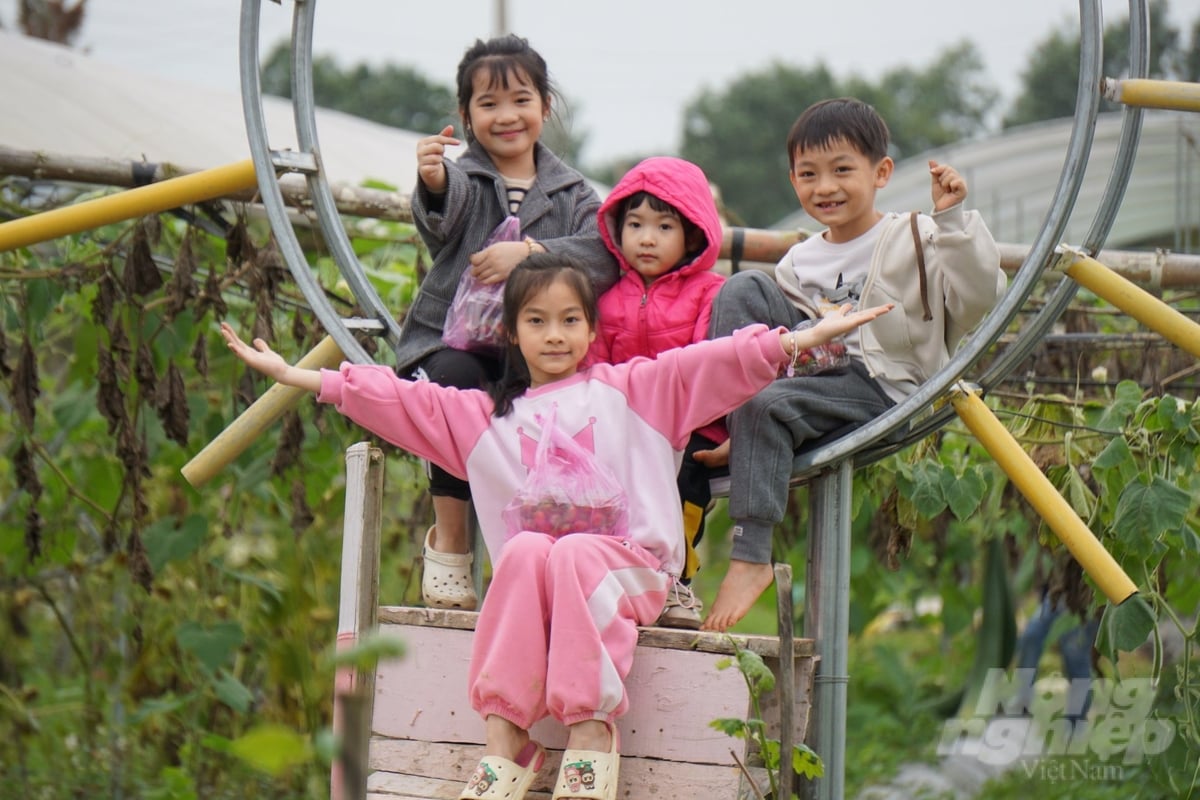
Trang Farm is an interesting experience for children. Photo: Quoc Toan.
To ensure product safety for users, Trang Farm mainly uses organic fertilizers and biological pesticides to help plants grow well and increase disease resistance.
The conversation between Trang and I was occasionally interrupted by the increasing number of visitors to the farm. She was both the farm owner and tour guide, so she was always busy. In the distance, some children, carrying baskets of strawberries, waded in the ditch, their laughter echoing throughout the garden.
On weekends, the farm often welcomes visitors to visit, take photos, and pick their own strawberries, vegetables, and fruits. To create a fresher atmosphere for the farm, Ms. Trang also grows vegetables, melons, squash, pumpkins, etc. to diversify her income.
In the management area, she also uses a piece of land as a place to quench her thirst and enjoy smoothies made from the garden's agricultural products. Many schools in and outside the district also cooperate with Trang Farm to organize tours for students to experience farming, which is also a place that inspires many young people who intend to start a business in clean agriculture. Therefore, there are days when Trang earns more than 10 million VND from selling agricultural products to tourists.
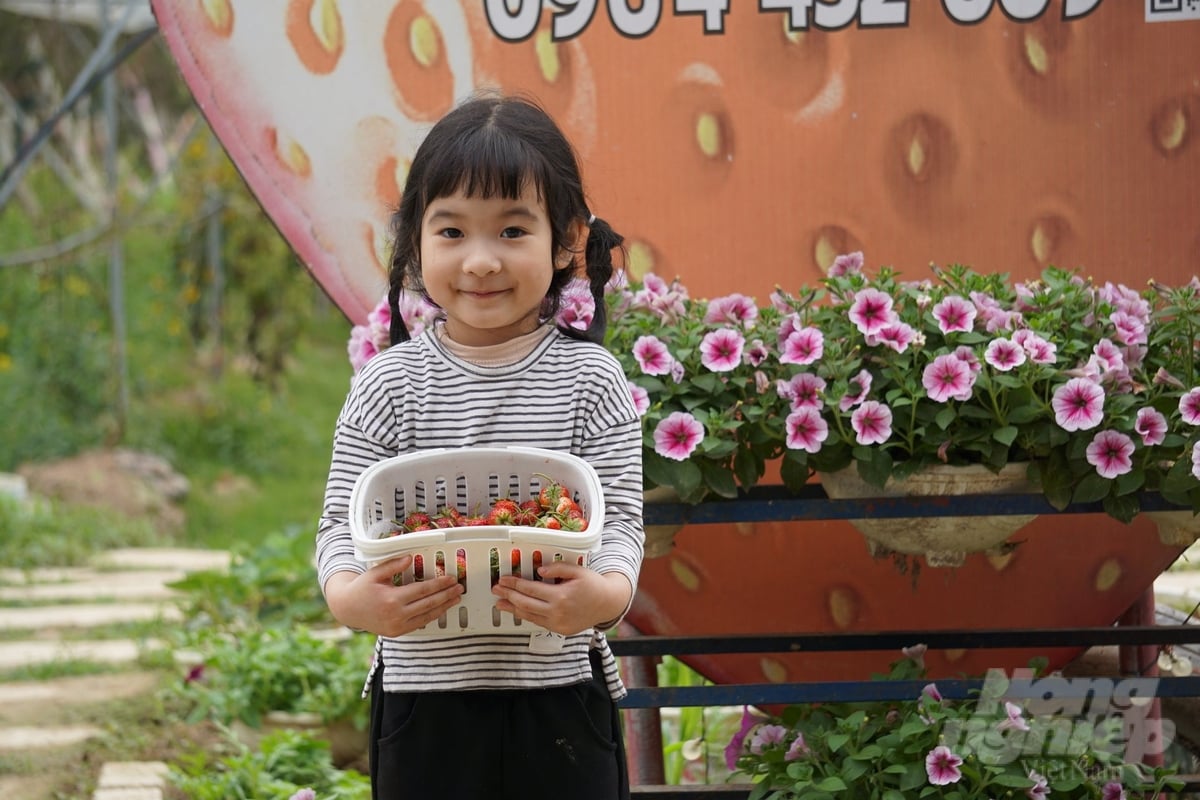
Children enjoy their experience at Trang Farm. Photo: Quoc Toan .
On the farm, Ms. Trang also invested in a 200-hedgehog cage to take advantage of agricultural by-products. Hedgehog manure is used to fertilize crops on the farm.
“The advantage of organic, circular farming is that you can sell clean products to customers while still being able to utilize farm by-products for livestock. In particular, fertilizer from raising porcupines provides organic nutrients for the farm, so the plants grow very well and are safe for the environment,” Trang shared.
In 2025, Trang and her husband plan to build an accommodation area, serve food and drink for visitors; complete the infrastructure system, and a children's playground to truly carry out the message "coming to Trang Farm is coming to a happy garden".
Source: https://nongsanviet.nongnghiep.vn/ban-hang-khong-can-ra-cho-van-nuom-nuop-khach-d743643.html





![[Photo] Prime Minister Pham Minh Chinh chairs meeting to remove difficulties for projects](https://vstatic.vietnam.vn/vietnam/resource/IMAGE/2025/3/30/7d354a396d4e4699adc2ccc0d44fbd4f)

![[Photo] Ministry of Defense sees off relief forces to the airport to Myanmar for mission](https://vstatic.vietnam.vn/vietnam/resource/IMAGE/2025/3/30/245629fab9d644fd909ecd67f1749123)
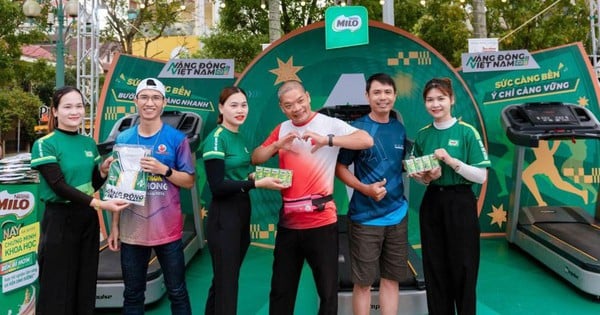




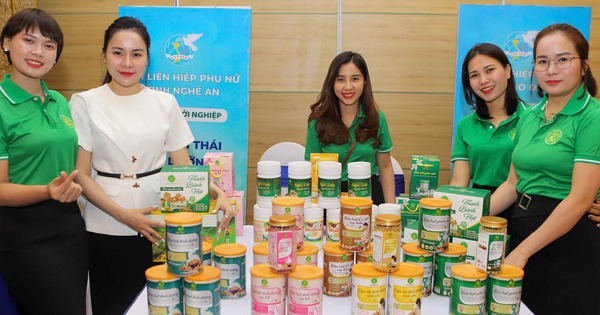


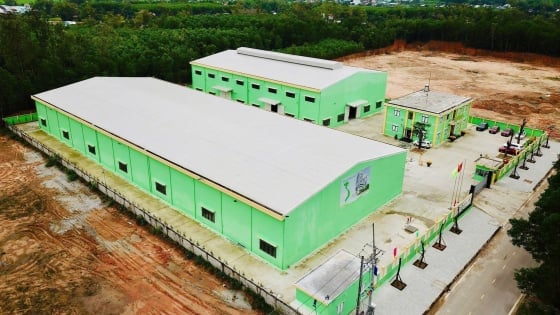

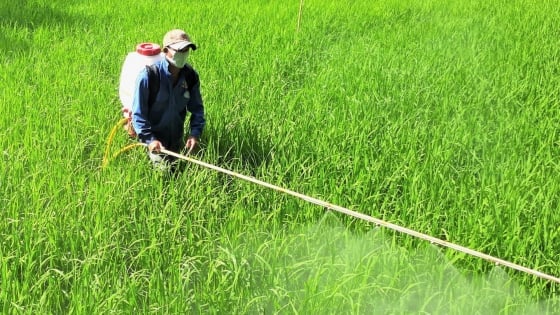
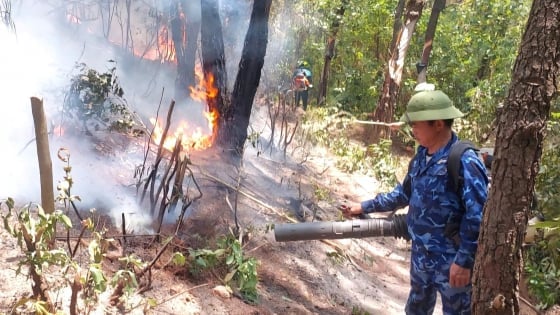
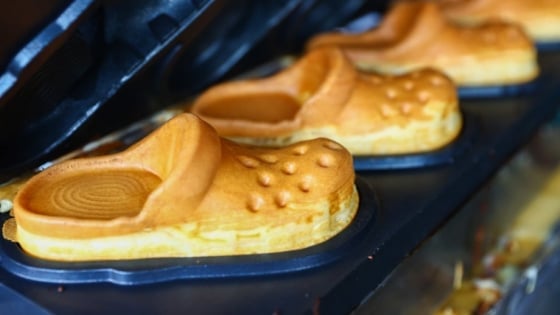



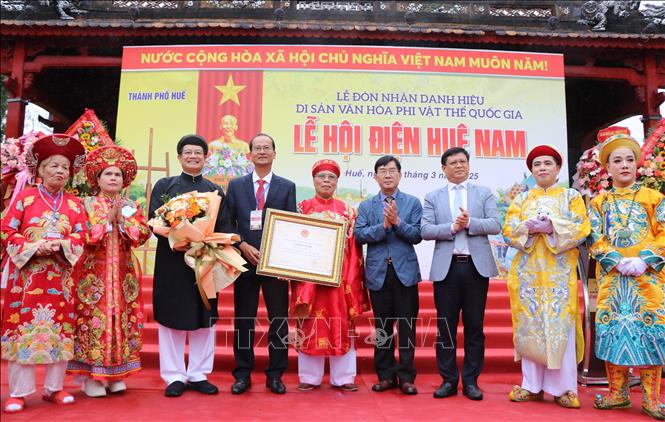















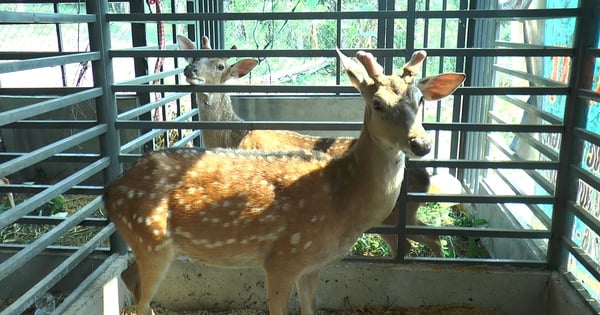



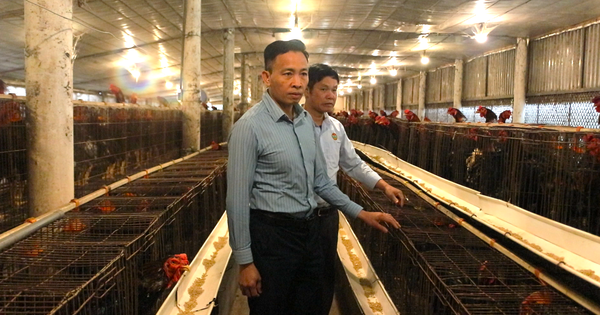









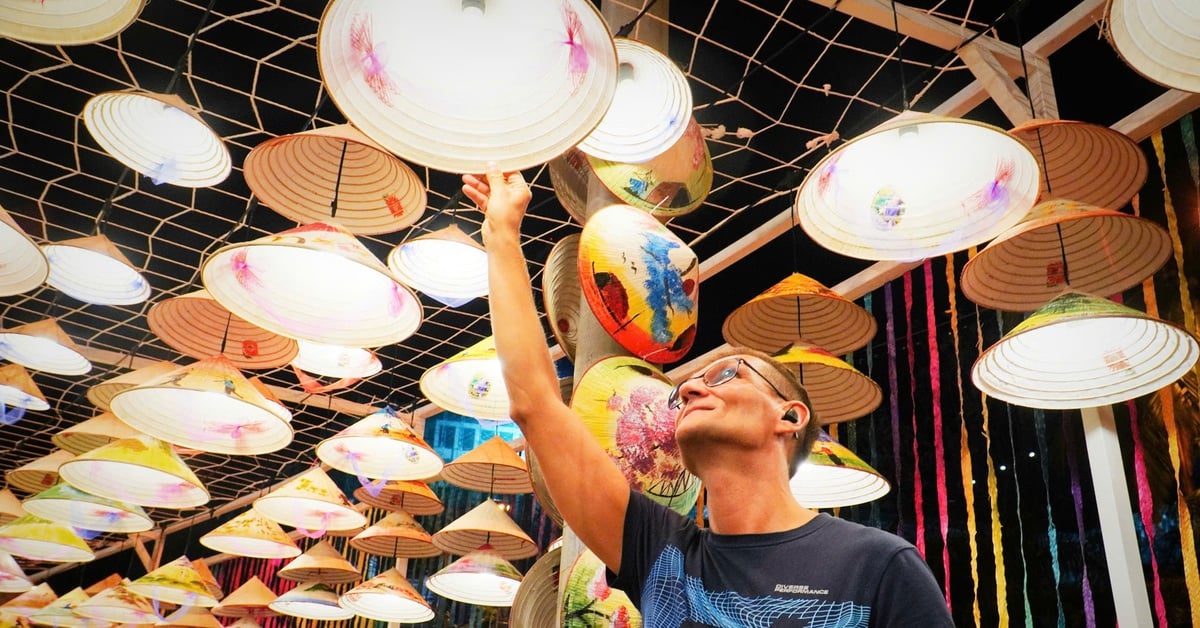



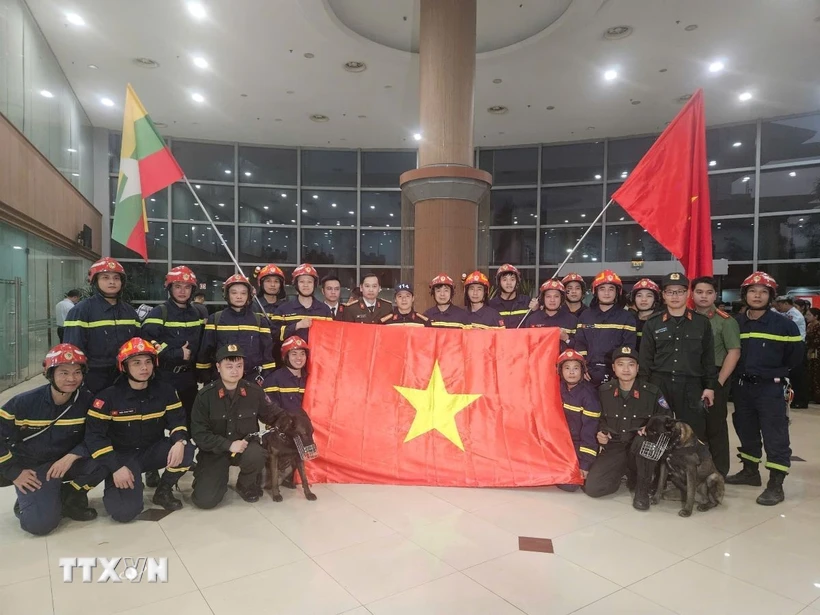




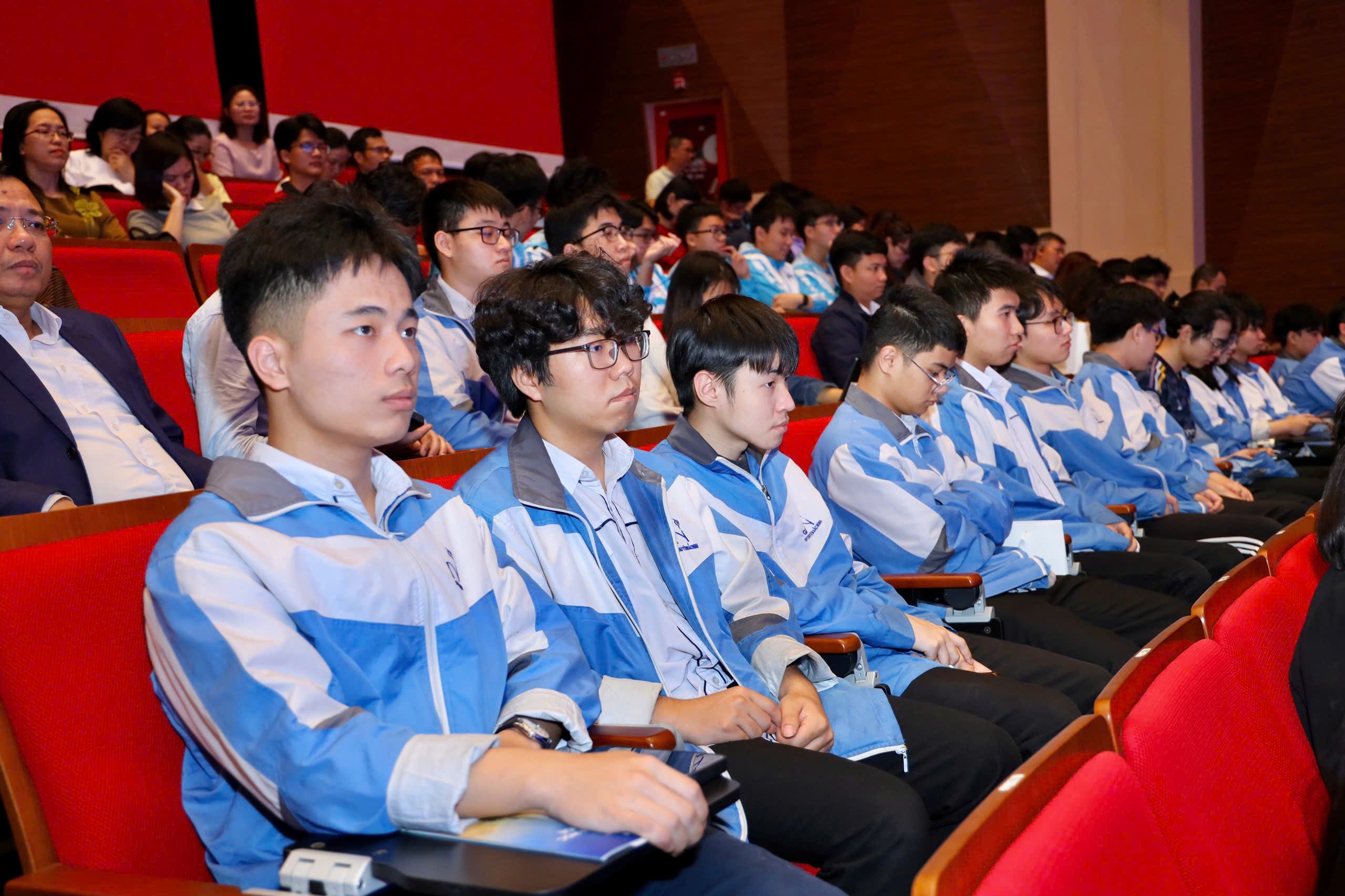



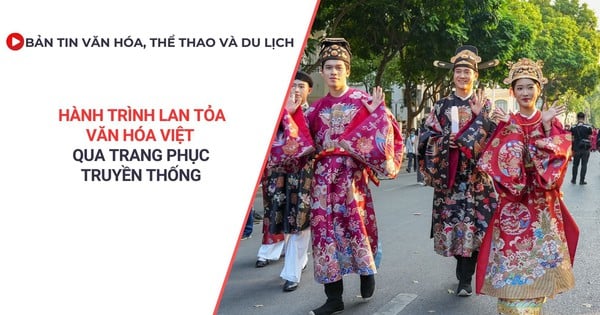

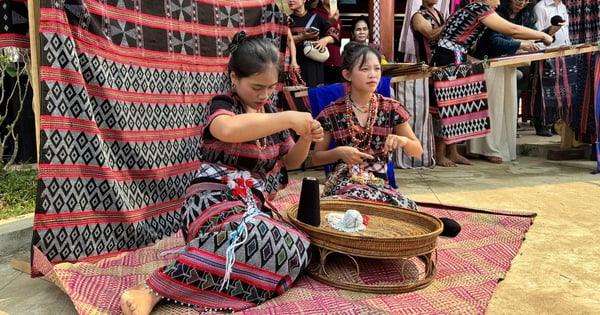


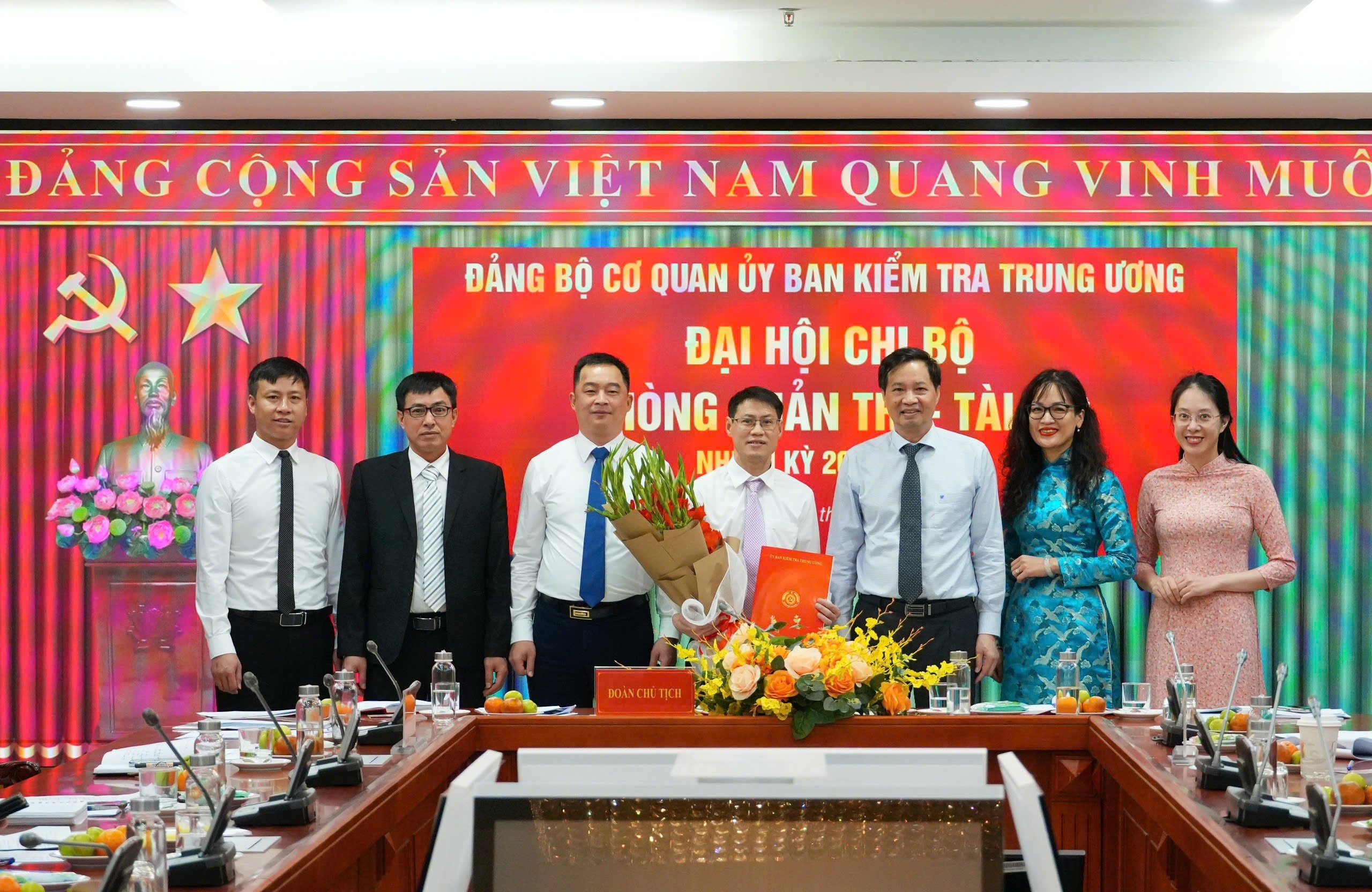





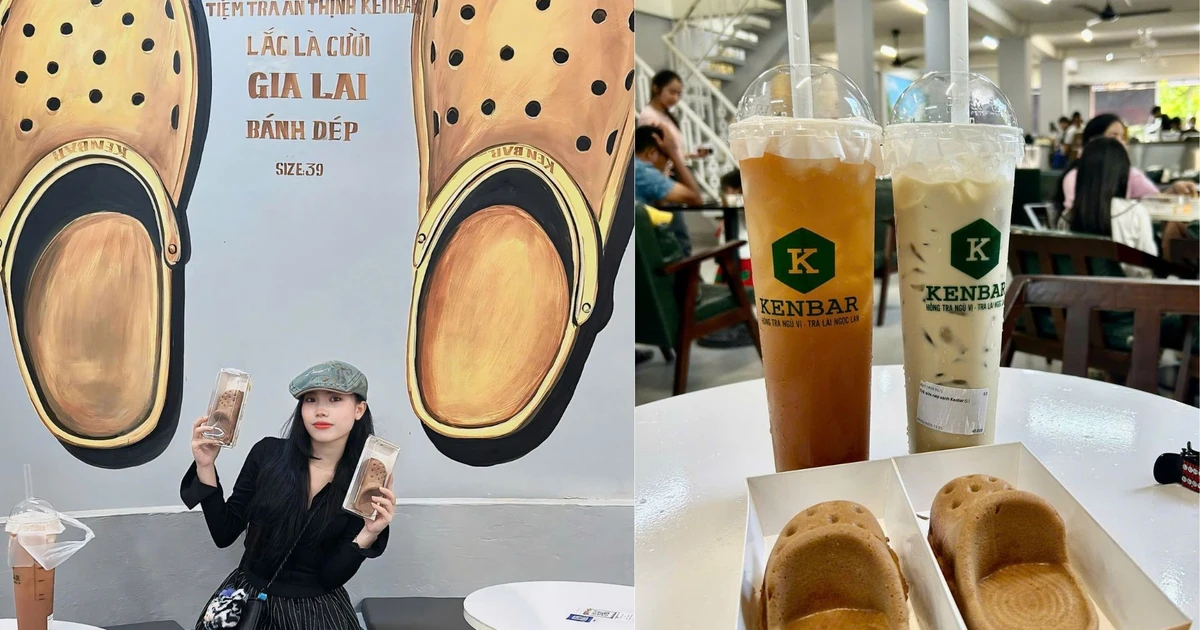

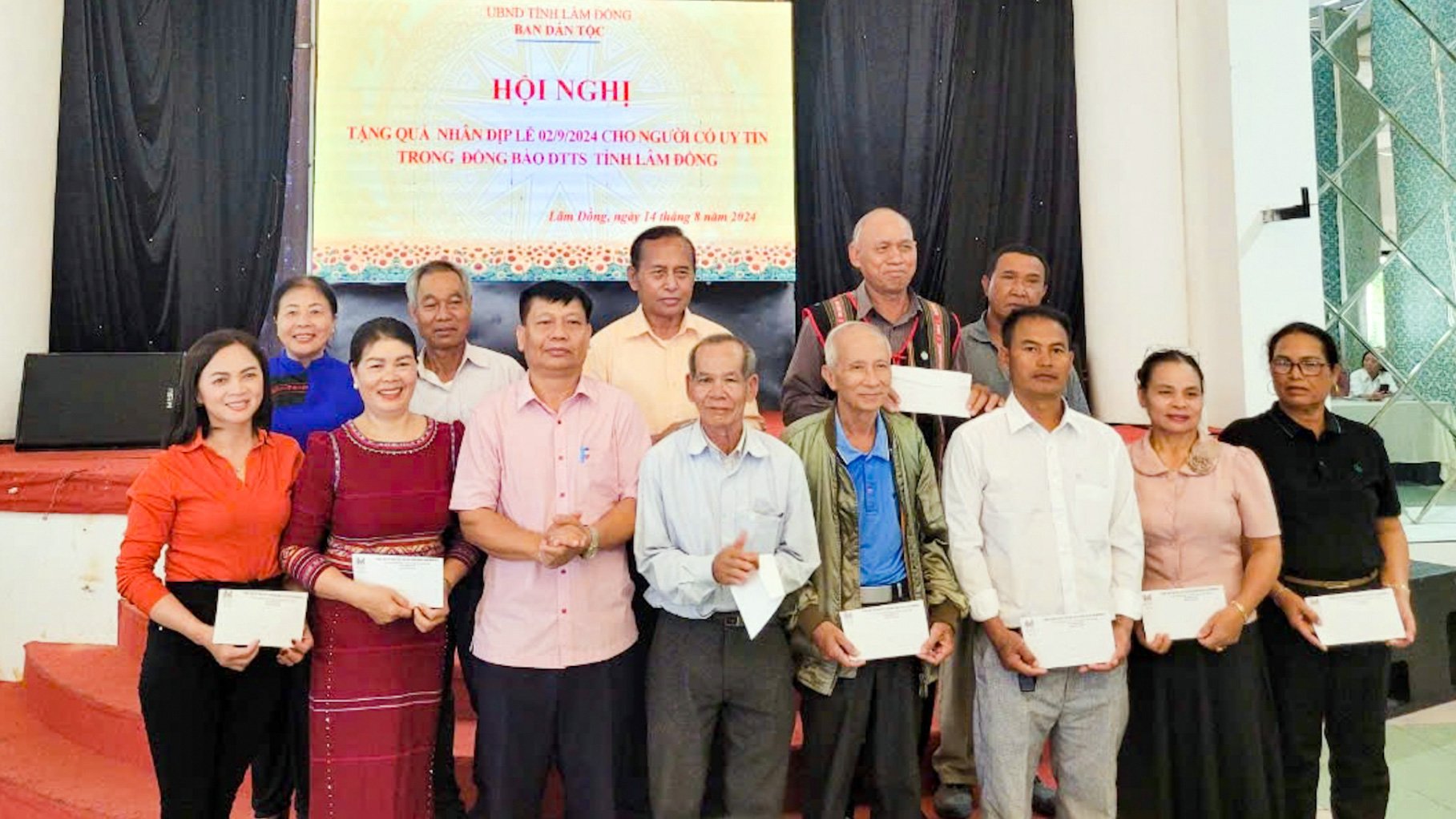



![[REVIEW OCOP] An Lanh Huong Vet Yen Cat](https://vstatic.vietnam.vn/vietnam/resource/IMAGE/2025/3/27/c25032328e9a47be9991d5be7c0cad8c)





Comment (0)